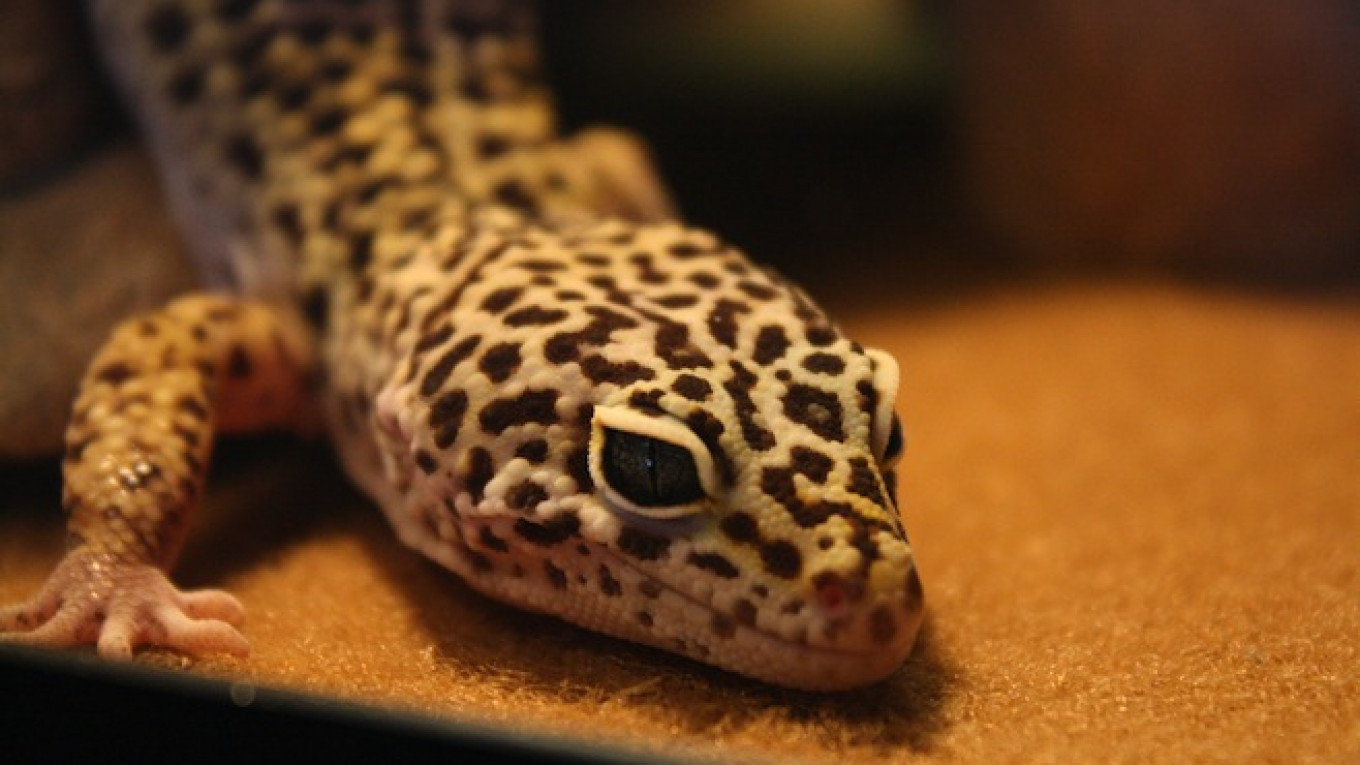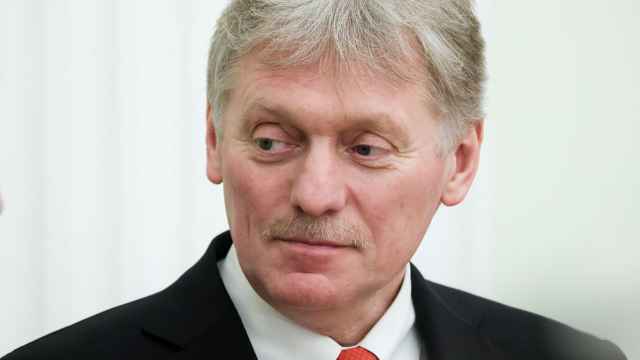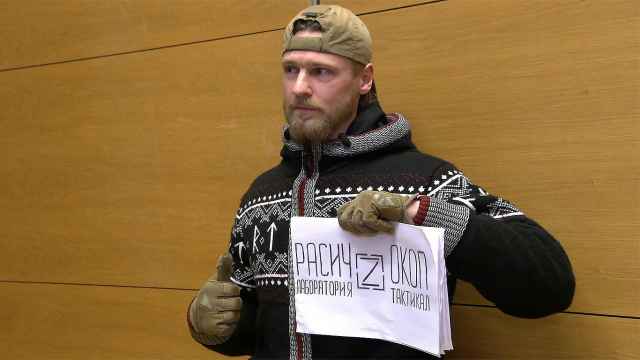Russia's mission control center has lost communications with a research satellite carrying five geckos, fruit flies and plant seeds less than a week after its launch.
The Photon-M craft — which was launched from the Baikonur Cosmodrome on July 19– continues to transmit "telemetry," or details on the spacecraft's location and performance of its systems, but is not responding to mission control commands, a press release from the Federal Space Agency, or Roscosmos, said Thursday.
"So, there is only one-way communication," a spokesperson from the mission control center in Korolyov was quoted by ITAR-Tass as saying. Engineers were trying to restore contact, he added.
An unidentified Roscosmos official told newspaper Izvestia that while the satellite may still be recovered, "carrying out the program of scientific experiments that had been planned is already at risk."
The disruption follows a massive equipment failure aboard the Bion-M satellite last year that killed most of the gerbils, mice and fish it was carrying, and the crashing down to Earth of the Phobos-Grunt probe shortly after its launch in 2011 on an ambitious mission to collect surface samples from one of the Martian moons.
"Another off-nominal situation with a space craft is a sign of a systematic crisis in the industry," research chief at the Institute for Space Politics Ivan Moiseyev told Izvestia.
Roscosmos said on its website that in appearance, the Photon-M looks like a "twin brother" of the Bion-M that was launched last year, though their intended research missions were different.
The 60-day research program aboard the Photon-M was planned to involve growing pure crystals to develop technologies for the production of semiconductors and nanobiosensors for new cancer treatments, Roscosmos said in a statement.
Roscosmos said in a separate statement on Thursday that the telemetry shows that the spacecraft's onboard systems are performing "in strict accordance with the logic of the spacecraft's control systems," adding that Photon-M is capable of operating independently for an extended period of time as ground controllers attempt to reestablish contact.
Izvestia quoted the unidentified head of one of Russia's satellite manufacturers as saying that conducting science experiments automatically and autonomously is likely impossible for the satellite.
"If control over the satellite cannot be restored, the craft will probably be lost," he was quoted as saying.
See also:
A Message from The Moscow Times:
Dear readers,
We are facing unprecedented challenges. Russia's Prosecutor General's Office has designated The Moscow Times as an "undesirable" organization, criminalizing our work and putting our staff at risk of prosecution. This follows our earlier unjust labeling as a "foreign agent."
These actions are direct attempts to silence independent journalism in Russia. The authorities claim our work "discredits the decisions of the Russian leadership." We see things differently: we strive to provide accurate, unbiased reporting on Russia.
We, the journalists of The Moscow Times, refuse to be silenced. But to continue our work, we need your help.
Your support, no matter how small, makes a world of difference. If you can, please support us monthly starting from just $2. It's quick to set up, and every contribution makes a significant impact.
By supporting The Moscow Times, you're defending open, independent journalism in the face of repression. Thank you for standing with us.
Remind me later.






